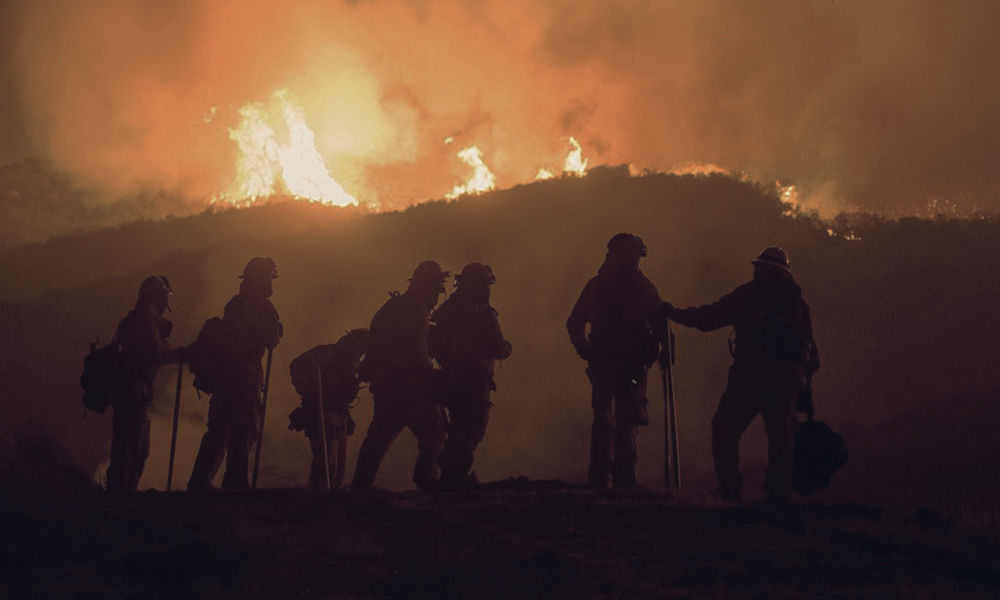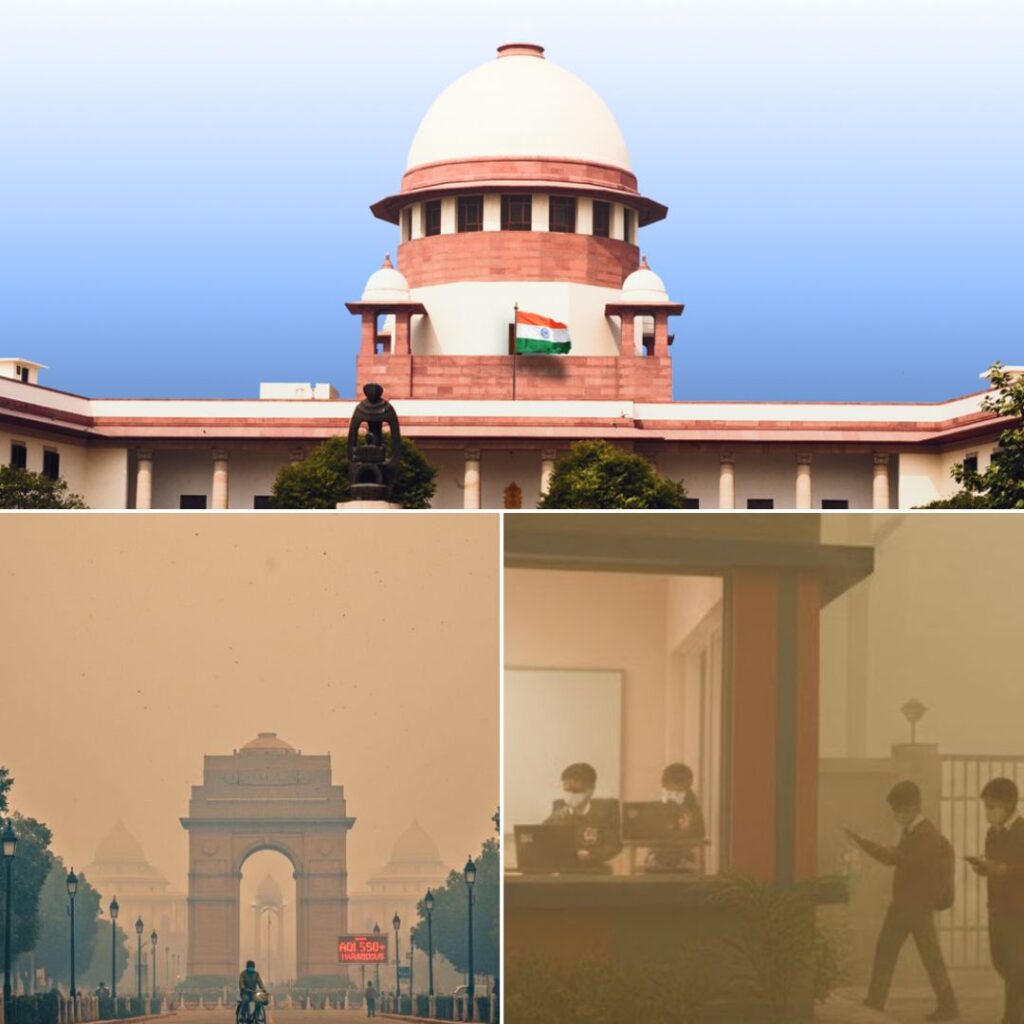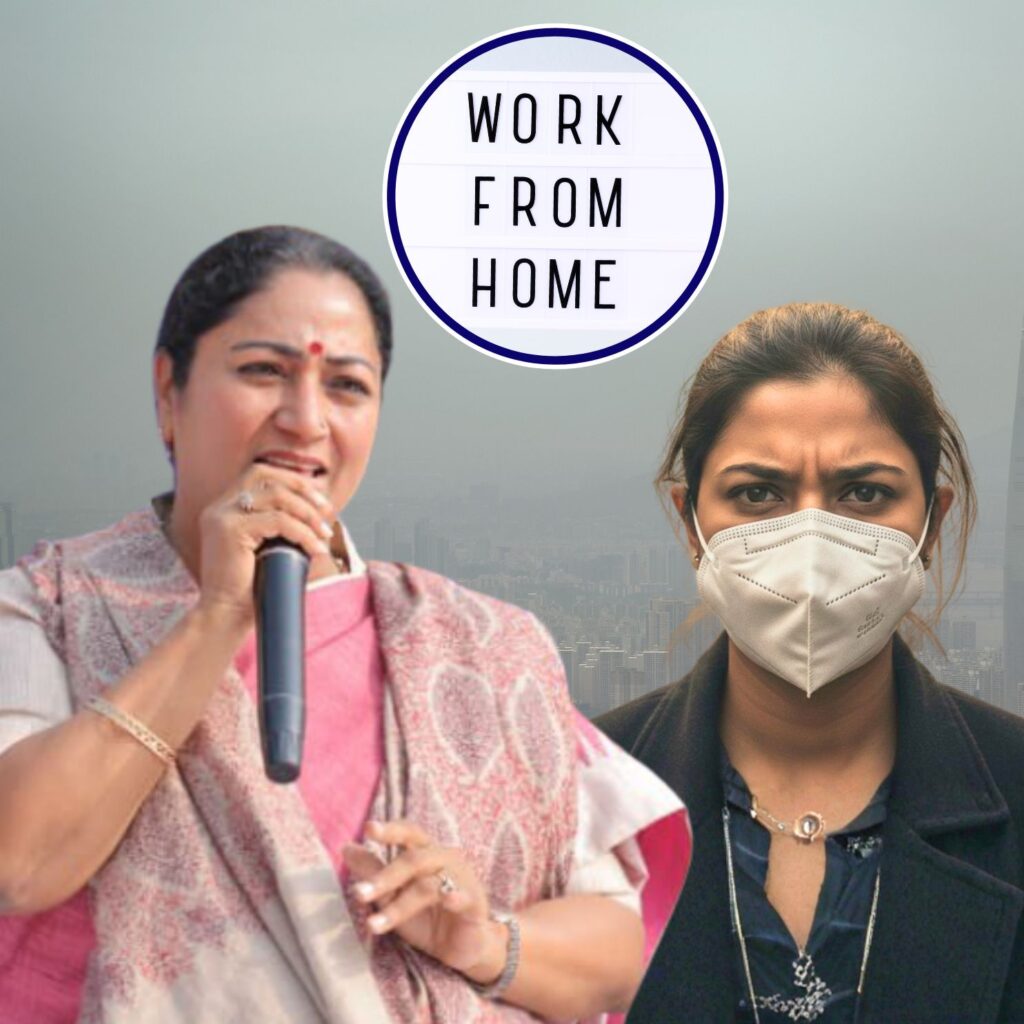Fires in the Amazon rainforest in Brazil increased 28 per cent in July from a year ago, a Brazilian state agency said on Saturday, August 1.
According to the National Institute for Space Research(INPE), there were 6,803 fires in the Amazon last month, compared to 5,318 in the same month in 2019.
Meanwhile, environmentalists have warned that as August traditionally marks the beginning of the fire season, rise in number of fires is likely to continue in the region. They also expressed fears that the country could repeat the surge seen in fires in August 2019, when 30,900 fires were recorded by INPE, which is responsible for monitoring Brazil.
The surge in fires in Amazon comes amid concerns over President Jair Bolsonaro’s calls to clear land in Amazon to drive economic development. Amid these concerns, the government, on July 16, banned burning in the Pantanal wetlands and the Amazon forest for four months. The President also issued an order in May for the military to coordinate environmental actions in the Amazon.
However, experts have pointed out that the increase in fires indicate the government’s response is not being effective. They added that this year’s dry season will be even more prone to fires than in 2019, according to Associated Press.
Every year, fires in the Amazon reaches its peak during the dry season between July and October. While these fires can be a result of naturally occurring events such as lightning strikes, it can also be deliberately started by farmers to clear land for livestock or crops.
‘We can conclude, with data until the end of July, that the effectiveness of government actions to reduce fires and deforestation is low,’ Carlos Nobre, a researcher at the Advanced Studies Institute in the State University of Sao Paulo, was quoted as saying by the agency.
Meanwhile, stating that the trends in the Amazon are worrisome, Carlos Rittl, a senior fellow at the Institute for Advanced Sustainability Studies in Germany, said, ‘The tendency is that this will be a more dry year than 2019 and this makes it easier for the fire to spread.’
Also Read: Two Canadian Ice Caps Disappear Due To Global Warming In Less Than 40 Years, Satellite Images Reveal











